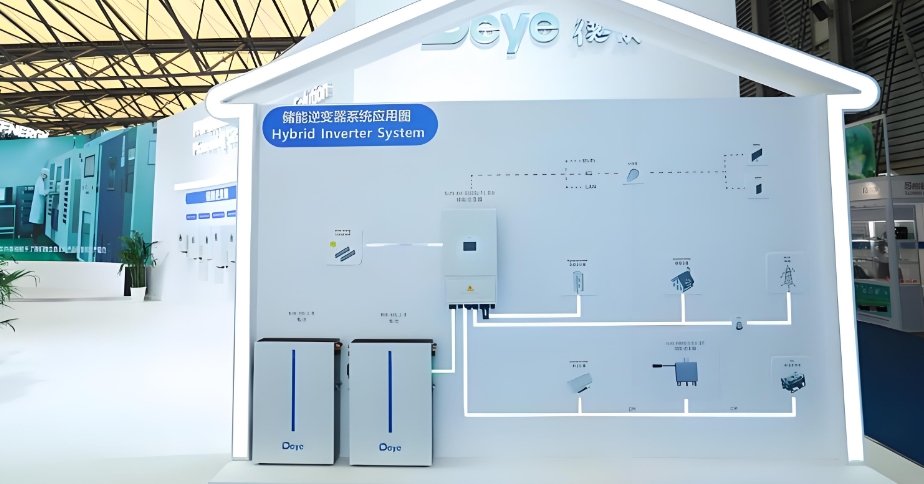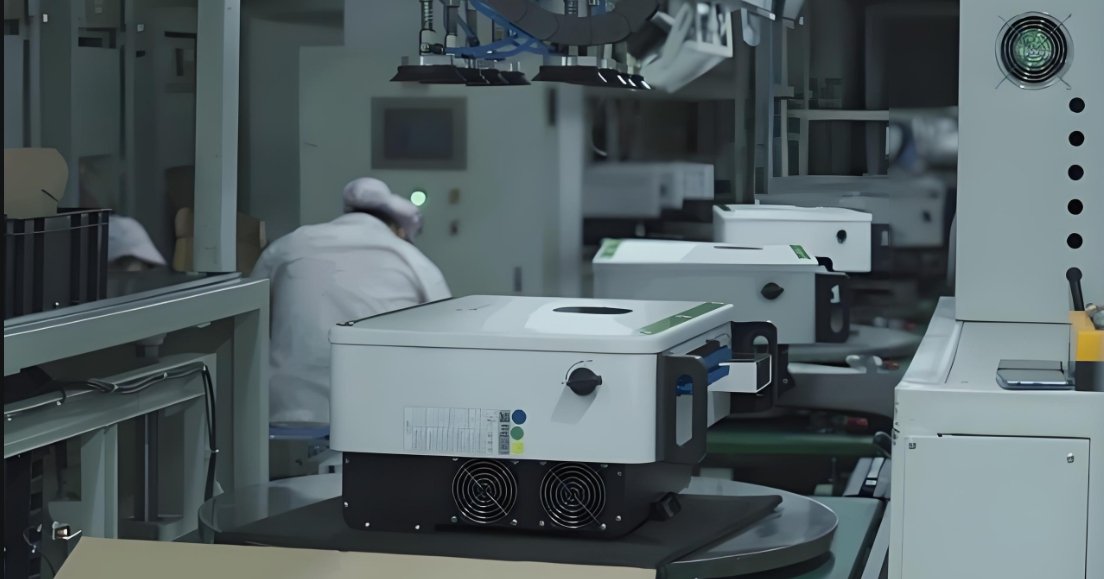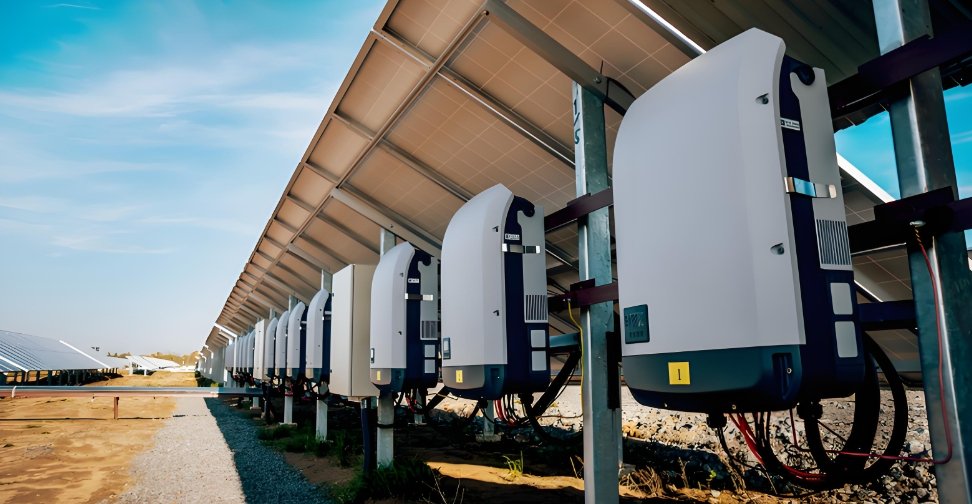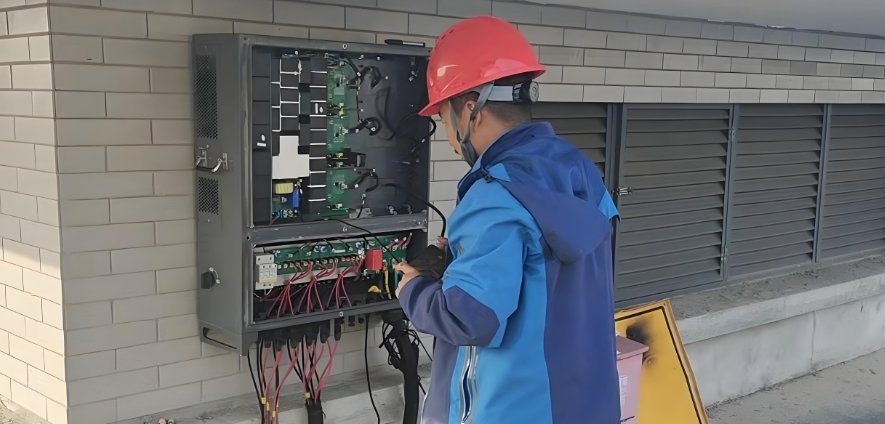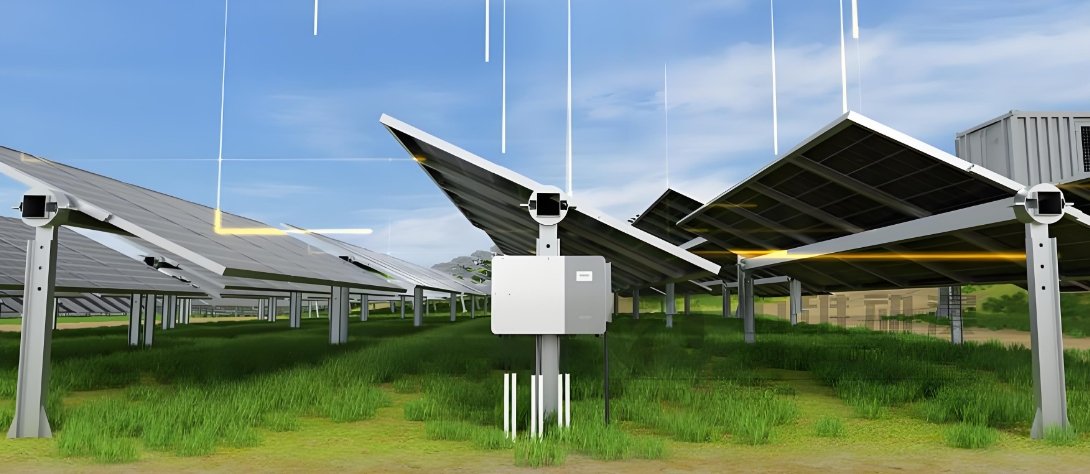Choosing the right inverter for your solar system is crucial for optimal performance and long-term reliability. A mismatch between your energy needs and the inverter’s capacity can result in inefficiency and unnecessary costs. Let’s explore how to select the perfect inverter for your solar power setup.
Understanding the key factors like your energy consumption, system size, and compatibility with your solar panels helps you choose the right inverter.
Here’s a breakdown of the factors to consider when choosing an inverter:
- Assess Your Energy Needs: Determine how much power you use daily to find the right inverter size.
- Understand System Size and Type: Choose an inverter based on whether your system is off-grid, hybrid, or grid-tied.
- Consider Efficiency Ratings: Higher efficiency reduces energy loss, maximizing your solar system’s output.
- Check Compatibility with Solar Panels: Ensure the inverter matches your solar panel’s voltage and power specifications.
- Evaluate Safety Features: Look for built-in protections like overvoltage and anti-islanding to ensure safe operation.
- Research Monitoring Capabilities: Monitoring lets you track performance and diagnose potential issues early.
- Review Warranty and Support: A reliable warranty and good customer support ensure long-term peace of mind.
- Calculate Your Budget: Align your budget with the inverter’s features, considering both upfront and long-term costs.
Assess Your Energy Needs
Your energy needs play a critical role in determining the right inverter. An inverter must be able to handle the total load required by your home or business.
Understanding how much energy you consume1 is essential to selecting the correct inverter size.
To assess your energy needs, you’ll need to evaluate your average daily electricity consumption. This can be found on your energy bills, usually measured in kilowatt-hours (kWh). Once you know how much power you need, you can select an inverter with an appropriate capacity. If your goal is to power an entire home, look for inverters rated for 5kW or more. For smaller installations, inverters with 1-3kW capacities may suffice. You also need to consider peak power needs, as some appliances require a higher power demand at startup.
| Appliance | Power Requirement (W) | Total Daily Usage (kWh) |
|---|---|---|
| Refrigerator | 150 | 1.5 |
| Air Conditioner | 2000 | 8 |
| Lighting (LED) | 100 | 0.3 |
| Washing Machine | 500 | 1 |
Understand System Size and Type
The size of your solar system and whether it's off-grid, hybrid, or grid-tied will impact the inverter you need. Each system type has different requirements for the inverter.
System type and size directly influence the inverter’s specifications.
- Off-Grid Systems: In off-grid setups, your inverter must handle all the energy needs of the home, including managing battery storage.
- Grid-Tied Systems: These inverters should be able to connect to the electrical grid, feed excess power back, and comply with local grid requirements.
- Hybrid Systems: A hybrid inverter allows connection to both the grid and battery storage. It needs to be sized to handle both incoming solar energy and battery storage management.
| System Type | Key Features | Inverter Needs |
|---|---|---|
| Off-Grid | No grid connection | Must handle load + battery |
| Grid-Tied | Connects to electrical grid | Feed power back to grid |
| Hybrid | Combines grid + battery | Manage both solar and battery power |
Consider Efficiency Ratings
Efficiency is a key performance factor. The higher the efficiency, the more energy your inverter can convert without losses, which leads to better performance and savings.
Inverters with higher efficiency ratings2 convert more energy, improving overall system output.
Look for inverters with efficiency ratings above 95% to ensure you’re maximizing your solar power. Modern inverters often come with Maximum Power Point Tracking (MPPT) technology, which optimizes energy conversion by adjusting to varying sunlight conditions. When choosing an inverter, be sure to consider both the rated efficiency and the real-world efficiency under various operating conditions, such as partial shading or temperature fluctuations.
| Inverter Model | Efficiency Rating (%) | MPPT Technology |
|---|---|---|
| Model A | 98% | Yes |
| Model B | 95% | Yes |
| Model C | 93% | No |
Check Compatibility with Solar Panels
Your inverter must be compatible with your solar panels in terms of voltage and current. This ensures that the energy conversion process works smoothly.
Compatibility between your inverter and solar panels is crucial for optimal energy conversion.
Inverters have specific voltage and current input ranges that match different types of solar panels. When selecting an inverter, you must check its maximum input voltage and ensure it matches or exceeds the voltage output of your solar panels. Additionally, ensure that the inverter can handle the wattage of the solar array without overloading. Some inverters also have multiple input channels, allowing for greater flexibility when using larger or multiple arrays.
| Solar Panel Type | Voltage Range | Inverter Compatibility |
|---|---|---|
| Monocrystalline | 30V - 50V | Compatible with MPPT |
| Polycrystalline | 18V - 36V | Requires voltage match |
| Thin-film | 10V - 25V | Suitable for low power models |
Evaluate Safety Features
Safety features are essential to protect both your system and the inverter itself. Overvoltage, short-circuit protection, and thermal overload protection are some features to look for.
Safety features prevent damage to the inverter and your system components.
Inverters typically include built-in safety mechanisms such as overcurrent protection, ground fault protection, and anti-islanding functions. The anti-islanding feature ensures that in the event of a power outage, the inverter will shut off to prevent backfeeding electricity into the grid, which can be dangerous for utility workers. Some high-end inverters also include fire protection features, which can be crucial in case of system malfunctions.
| Safety Feature | Function | Benefits |
|---|---|---|
| Overvoltage Protection | Prevents voltage spikes | Protects components |
| Ground Fault Detection | Identifies wiring issues | Enhances system reliability |
| Anti-Islanding | Disconnects from the grid | Prevents unsafe backfeeding |
Research Monitoring Capabilities
Monitoring systems help you track how well your inverter is performing. It allows you to detect issues early and optimize the system’s operation.
Monitoring systems3 offer real-time data on inverter performance and overall system health.
Most modern inverters come with built-in monitoring capabilities or can be connected to third-party monitoring systems. With monitoring, you can track key performance indicators like energy output, efficiency, and system health. This information is vital for diagnosing problems early and ensuring the system is running at its peak performance. Some inverters even have mobile apps or online platforms for easy access to performance data.
| Monitoring Type | Features | Ideal for |
|---|---|---|
| Basic Monitoring | Local display, logs | Small residential setups |
| Advanced Monitoring | Cloud-based, mobile apps | Commercial setups |
Review Warranty and Support
A solid warranty and reliable customer support are essential for peace of mind. Inverters can have long lifespans, but they still require proper care and occasional repairs.
A good warranty and strong customer support ensure you’re covered if any issues arise.
When selecting an inverter, always check the warranty duration and the type of support offered by the manufacturer. Many inverters come with warranties ranging from 5 to 10 years, but some high-quality models may offer longer coverage. Customer support is also critical, so choose an inverter brand known for responsive service, as you may need assistance with installation, troubleshooting, or system upgrades.
| Warranty Length | Coverage | Customer Support |
|---|---|---|
| 5 Years | Limited parts coverage | Email/Phone support |
| 10 Years | Comprehensive coverage | 24/7 online support |
| 12+ Years | Full coverage | On-site support |
Calculate Your Budget
Finally, understanding your budget is vital in narrowing down your options. While it’s tempting to go for cheaper models, investing in a higher-quality inverter often results in better performance and longevity.
Aligning your budget with inverter features and system requirements will help you choose the best value.
When calculating your budget, include the inverter cost, installation fees, and any potential maintenance costs. Inverters come in a wide range of prices, and while cheaper models may meet basic needs, high-end models may offer better efficiency, safety features, and longer warranties. Factor in the long-term savings from more efficient energy conversion when deciding how much to spend.
| Budget Range | Features | Suitable Inverters |
|---|---|---|
| Low ($500 - $1,000) | Basic functions, lower efficiency | Entry-level hybrid inverters |
| Mid ($1,000 - $2,000) | Advanced MPPT, higher efficiency | Premium hybrid inverters |
| High ($2,000+) | Full features, long warranty | Top-tier hybrid inverters |
By considering these factors, you can confidently choose an inverter that will meet your needs and help maximize your solar investment.
Conclusion
Choosing the right inverter involves carefully considering your energy needs, system type, compatibility with solar panels, efficiency ratings, safety features, monitoring capabilities, warranty, and budget. By keeping these factors in mind, you'll be equipped to select an inverter that ensures efficient, reliable, and safe energy conversion for your solar power system.
Footnotes
-
Learn how to determine the power requirements of your household appliances to size your inverter effectively. ↩
-
Learn how inverter efficiency impacts overall solar system performance and energy savings. ↩
-
Discover top monitoring systems for tracking solar inverter performance and diagnosing issues. ↩



